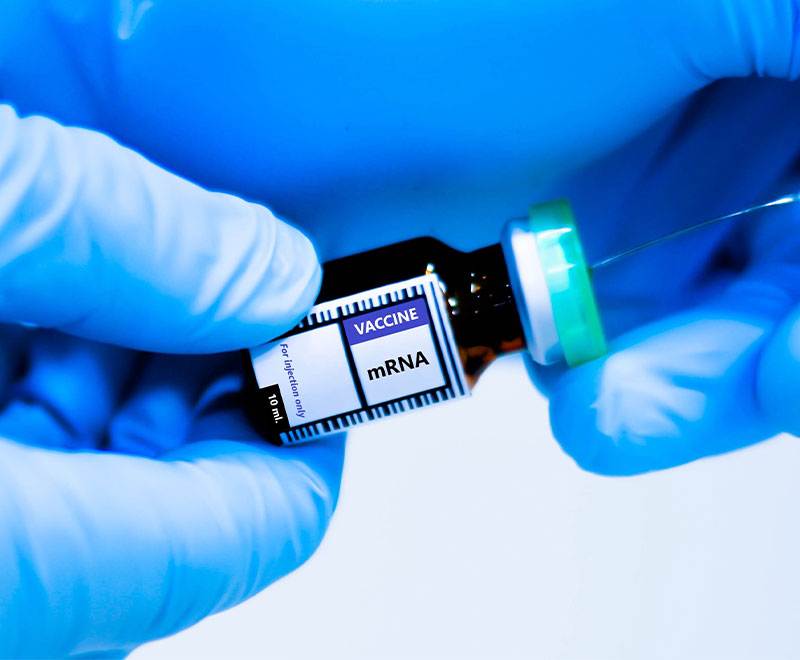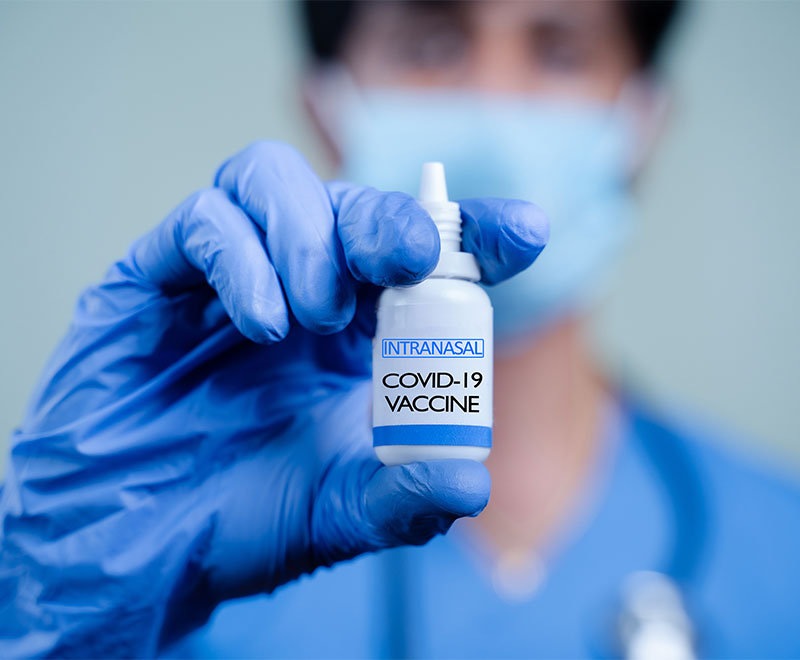Researchers Identify an Immune Cell That Can Attack Cancer

Researchers at City of Hope have discovered that a type of immune cell in the human body known to be important for allergy and other immune responses can also attack cancer.
Study Shows Patients Vaccinated Against Ebola Are Half as Likely to Die Than Unvaccinated Patients

A new study showed patients with confirmed Ebola virus disease were half as likely to die if they were vaccinated against the virus than if they were not.
$13M NIH Grant Funds Research to Rejuvenate Immune System in Older Adults

University of Arizona Health Sciences researchers have received a $13.1 million grant from the National Institute on Aging to continue studies aimed at rejuvenating the immune system of older people to improve health throughout the lifespan.
Protein Identified That Can Cause Cancer Cells to Die

Scientists at the University of California, Davis have identified a protein on the CD95 receptor that can “program” cancer cells to die.
New Vaccine Could Fight Hospital-Acquired Infections by Boosting the Immune System

A new type of vaccine could stimulate the innate immune system to prevent deaths from hospital-acquired infections (HAIs) caused by a variety of bacteria and fungi, according to a recent study.
Study Shows Positive Results for mRNA-Based Combination Influenza and COVID-19 Vaccine

A Phase I/II study evaluating the safety, tolerability and immunogenicity of Pfizer and BioNTech’s mRNA-based combination vaccine candidates for influenza and COVID-19 among healthy adults 18 to 64 years of age show positive topline results.
IVIG Reduces Infection Risk During Anti-BCMA Treatment for MM

Data suggests the bispecific BCMA-targeted antibody teclistamab may lead to grade 3 to 5 infections in as many as 44.8 percent of multiple myeloma patients, and hypogammaglobulinemia was noted in nearly 75 percent of patients.
Intranasal COVID-19 Vaccine Shows High Seroresponse

A Phase I randomized, double-blind, placebo-controlled dose-escalation study in healthy adults, called CDX-CoV-001, has found Codagenix’s intranasal COVID-19 vaccine candidate, CoviLiv, showed the vaccine had a high seroresponse rate and induced mucosal immunity in volunteers not previously vaccinated or infected.
Moderna’s Influenza-COVID-19 Vaccine Demonstrates Immunogenecity

Results from Moderna’s Phase I/II clinical trial that evaluated the safety and immunogenicity of its influenza-COVID-19 vaccine, mRNA 1083, showed immunogenicity against all four influenza strains compared to a standard dose of the influenza vaccine, Fluarix, in adults 50 to 64 years of age and against an enhanced influenza vaccine, Fluzone HD, in adults 65 to 79 years of age.
Inverse Vaccine May Reverse Autoimmune Diseases

Researchers from the Pritzker School of Molecular Engineering at the University of Chicago have developed a new type of vaccine called an “inverse vaccine that completely reversed autoimmune diseases without fully shutting down the rest of the immune system.